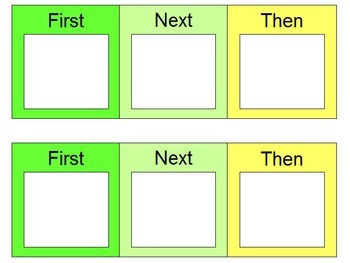By Ian Ortega
I recently read an interesting quote; “sometimes, you should try to do the dishes around the problem.” It resonated with me but also opened an eureka of memories about all the times I have always solved the problem. I see this in businesses. One of the issues you will often hear in a business is along the lines; “we are still small, so we don’t yet have the ability to do this or that effectively.”
Businesses often assume that somehow when they grow bigger, then they can become better at managing their accounts. Because why should a small business have its business records in order? Yet, the longer I keep in the game, the more I realize that a small business should actually take those tasks serious. It should spend more time becoming good at making a record of every transaction, every cash movement, and that the skills that arise out of doing this diligently, are the same skills that will enable this business to scale.
It’s realizing that there’s always a sequence to solving the bigger problem. And that sequence has the smaller problems first. The smaller problems are usually the blockers to the big problem. It’s the ‘dishes’ around the problem and thus I now emphasize that more business leaders and founders should actively do the dishes around their problems.
Most businesses do not take time to also articulate the problem they are trying to solve. The argument is that this is a waste of time. In the end, failure to work on the right problem results in business failure. Thus, the business would have been better off taking time to articulate and define the problem they exist to solve. I have had partners that believe in moving fast, break things fast. But that principle of move fast, only works when you know in which direction you are moving. You could be moving fast in the wrong direction. And that’s very troublesome.
Thus, I am now convicted about sequencing of problems. If you start with the wrong problem, you are doomed, or you will waste a lot of time. There’s dependency in business problems, thus you must solve the right problems first before attempting the next problem. If you are looking for a marriage partner, perhaps the right problem to solve first is being joyful in your own space, in your own solitude. And once you become at peace with this solitude, then this improved self can always attract the right partner. Yet, many of us always want to jump to the other problem. We think it’s being efficient and effective. But slow can be fast, and fast can be slow. I now advise more business founders, move slow, so that you can move fast. It’s to be keen, to do your research, to get in the right information, to understand clearly what business you are in. It’s to solve the right sequential problem.
As a business leader, you should always ask yourself about the order of things. What problem should be solved first? What should come first? What should follow next?

